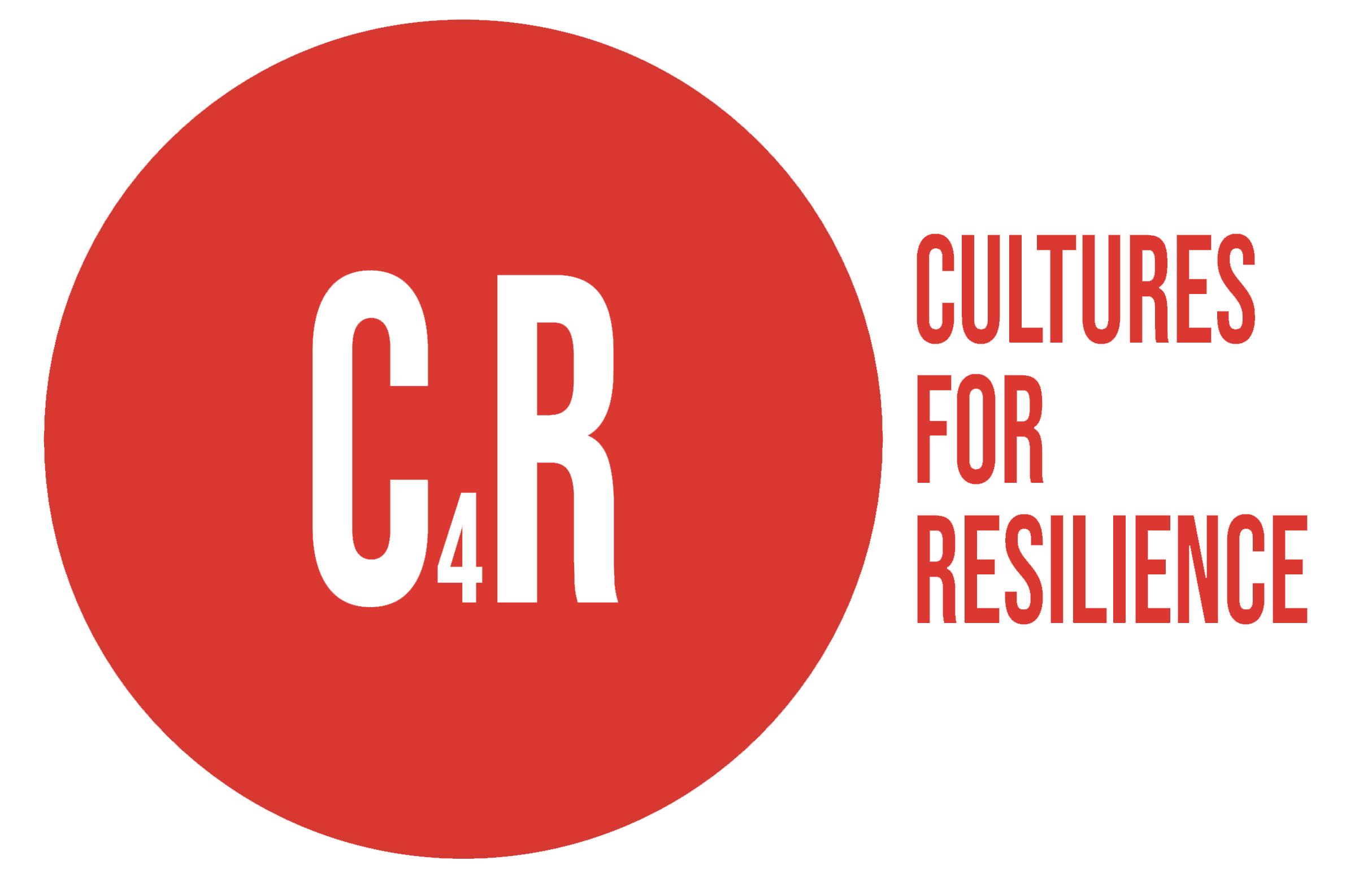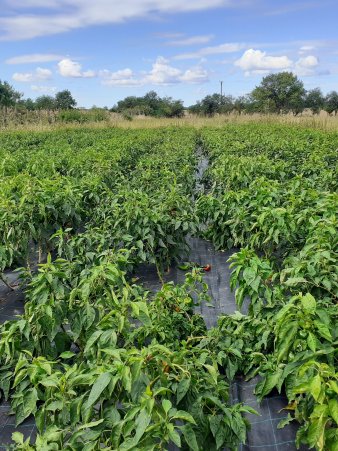From Legumim to Gastronaut

Legumim (1) was in the spring of 2021 a naturally grown garden of vegetables which took shape the previous spring as the result of a project in collaboration by Mona Petre (freelance graphic designer and author of the page Ierburi uitate (2), where she is popularizing the universe of edible plants from the local spontaneous flora, as well as recipes which incorporate them) and Mihai Petrescu, following the experience he had with the Kultivă (3) workshops of the SNK Association. Between 2017 and 2019, the association held workshops on how to autonomously grow healthy food; the Kultivă garden in Chitila hosted in its third year 20 amateur gardeners which cared for small sized lots spread over 1000 square meters (0.1 ha). The two have also worked together while conceiving the project and the activities for the Historical Garden, developed on the premises of the „Dimitrie Brândză” Botanical Garden of the Bucharest University; the goal of the project was to imagine a „permanent and durable home for many botanical species and varieties eaten throughout the European dietary history, some of which were gradually abandoned along with the permeation of the plants brought from the New World”. Its role was, according to the page of the initiative, that of „collecting, preserving and distributing these species, continuing the research and educating the audience in regards to the diversity of edible plants”. Mona Petre is also involved in an initiative supported by Pro Patrimonio with the aim of creating a garden with plants which have adapted and resisted the desertification processes; this happens in the village Olari (Pârșcoveni commune, Olt county), together with the locals and based on a research of local ethno-botanical knowledge.
Belonging to the Pantelimon commune (Ilfov county), the garden was inaugurated in March 2020, when Mihai and Silviu Ene (the administrator of the firm) started the planting (inside the two solariums of 300 square meters each), with tomatoes, eggplants, peppers, cucumbers, salad, kale and mangold:
„The glasshouses are part of a project made by a center for recuperation for children with disabilities – we rented from them and we started making the garden. The people from the center realized that it is a project in itself which they in fact cannot sustain. So everything was here as you see it, it was already laid out. Only no one was using it, it was quite sad, especially since the glasshouse were built as they should, solid, they are sturdy”.

In the initial phase of the project they created a Facebook group with the same name (counting over 180 members, most of them the same who followed the activities of the Historical Garden; the group adheres to the set of values belonging to the Association for the Support of Peasant Agriculture (4)), whose purpose was that of facilitating the connection and communication between producers and consumers and posting online the list of available vegetables according to the seasons. The vegetables could be picked-up weekly, every Thursday between 17:00 and 20:00 at a Bucharest address, but there was also the delivery option, for a fee, to the homes of the consumers, in the neighbourhoods Pantelimon, Vatra Luminoasă, Traian, Dristor and Titan.
The seedlings were grown by themselves from seeds sent mostly from American producers: „collectors of rare or old seeds from all over the world. We knew about them because that is were the seeds for the Historical Garden came from. And we had to take them from there, even if it is not very sustainable when you think that they were brought from the United States, but we couldn’t find any reliable source, I mean to make sure they have a history I can rely on and strains which are truly old; I’ve been looking for them, I found some belonging to some Germans and in Romania we got some from EcoRuralis”.
The problem of trust appears under the conditions where one in two tomato strains from Romanian producers which they cultivated proved to be problematic: „Because what they have tried to do by plant breeding resulted in that tomato which all sellers look for, with a long shelf life, with a uniform colour, which, in fact, is the plastic tomato, which is horrible if you ask me, no juice, no taste, however you might care for it”.

The restriction period associated to the pandemic, but which allowed for the mobility of people involved in activities such as gardening and agriculture, facilitated their commute towards the garden and through the city when the deliveries started. The summer season came also with a lesson which he deems important to whomever imagines a basket-of-vegetables type of project: „After you produced, you have that mood where you work and work and work all spring, then comes the summer boom when it’s the hardest, because all of a sudden you have an over-production. And that’s exactly when people are leaving to the seaside!” – it made Mona and Mihai rethink the configuration of the project, especially since a part of their crop ended up being processed: curry pickled cucumbers, after a British recipe specific to poor kitchen during and after the Second World War. Midway in July, when I visited the glasshouses, the tomatoes stalks, the peppers and the eggplants where half picked, but the destination of the vegetables this year was exclusive to testing products from the future processing point they built in Bucșani, using European funding for social business, and the temporary name of the new project is Gastronaut. To start-up the processing plant, Mihai contributed with the household which belonged to his grandparents. At the beginning of September, when I accompanied him there, the furnishing works happened against the unique smell of baked bell peppers which two local employees were turning over to fry on a cooking stove. „We try to hire locals and buy vegetables, when we are lacking any, also from the locals”, said Mihai, while, on the road to the processing plant, we stop at a relative of his which cares for a garden of peppers that they will use for the zacuscă tests. „It’s interesting how after the June rains most of the peppers looked compromised, and now, at the end of August and beginning of September they seem to be bouncing back”, adds Mihai. During the tests, the temporary processing point is placed in an annex of his grandparents’ former home. Under the veranda the peppers are baked, and the rooms are populated by technology elements which help the thermal or congealing preparation (a pressure cooker, a vegetable oven and a cooler). For now they will store everything in a large capacity cooler because Mihai only recently managed to identify a source for jars. The yard of the household is crossed by a ditch almost one meter deep, on the bottom of which the water pipe goes towards the few containers which are the premises for the future processing center. Beyond this, there is an orchard and in its middle stands tall a walnut tree with an ample crown. The last week of September, Mona, Mihai and the three employees gathered to begin the product testing: one day for tomato juice (with onion, garlic and oregano), the second with classic zacuscă. More tests will be made with one type of tomato juice with peaches, which they will also buy from the locals. The challenges are coming from identifying strains of fruits and vegetables coming from ecological sources, from trying to test the economic reliability of the products, so that they will not end up being sold for too high prices, but also from identifying possible distribution networks (Bucharest grocery stores, most likely).
Notes: (1) Roughly translates to We grow vegetables. (2) Translates to Forgotten herbs, https://www.facebook.com/IerburiUitate (3) https://www.facebook.com/kultiva.romania (4) https://asatromania.ro/carta/
Text and research: Bogdan Iancu, Monica Stroe
Translated from Romanian by Dana Andrei
The research is part of Regenerative-Reliable-Resourceful, the mapping of resilient practices in the Romanian countryside that tranzit.ro develops in the frame of C4R and of the Experimental Station for Research.





